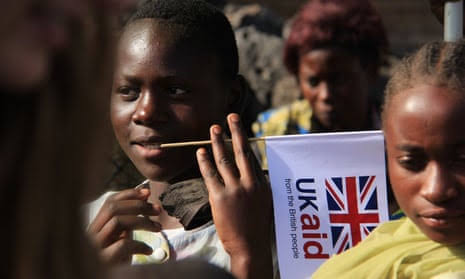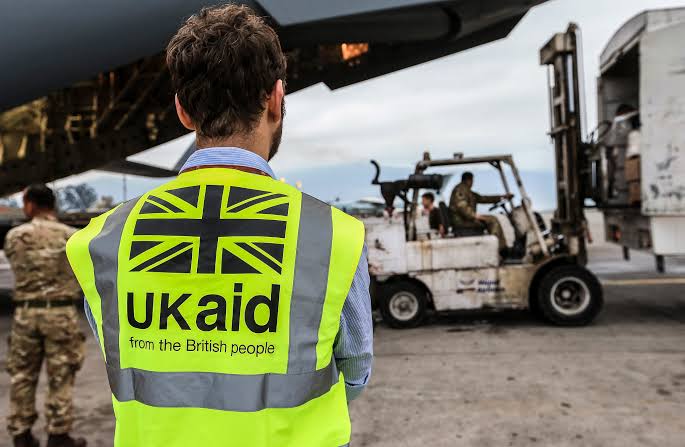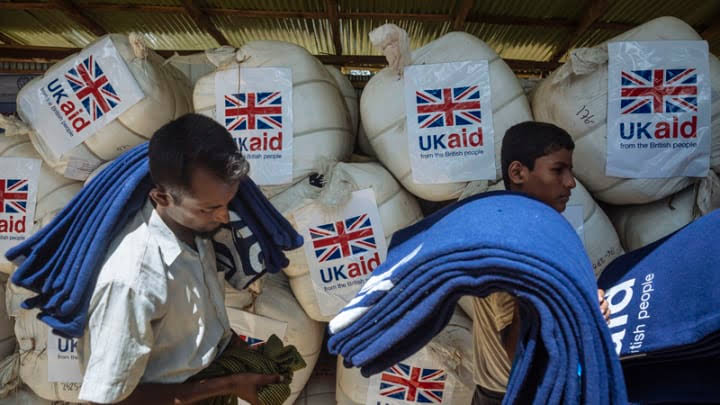
Faith Nyasuguta
African nations are bracing for deep setbacks as the UK government pushes forward with a sweeping 40% cut to its foreign aid budget – a move that will heavily affect vital programs supporting children’s education and women’s health across the continent.
The UK’s new spending plan, unveiled this week, shows bilateral aid for Africa and parts of the Middle East facing the largest reductions. Countries like Ethiopia, Sierra Leone, Nigeria and Zimbabwe are among the hardest hit, with education spending expected to shrink significantly. Programs that tackle corruption, media freedom, trade support, and economic security are also on the chopping block, while several climate-focused initiatives will be axed entirely.
The cuts come as the UK aims to redirect funding to strengthen its national defence budget, responding to calls from allies like the United States to raise defence spending to 2.5% of gross domestic product.

Earlier this year, Foreign Secretary David Cameron confirmed the aid budget would drop from 0.5% to 0.3% of national income – a sharp reversal of the UK’s once-celebrated global commitment to development. Britain was among the first wealthy nations to enshrine a 0.7% target in law back in 2015, but that pledge has been quietly eroded in recent years.
Some multilateral aid flows will be spared – for now. Funding to big international institutions such as the World Bank’s International Development Association (IDA) and Gavi, the Vaccine Alliance, remains protected. The UK has pledged 1.98 billion Euros to IDA over the next three years to support low-income countries.
However, the Foreign Office signalled that underperforming multilateral bodies could see funding cuts in future reviews. Aid to unnamed countries could also drop further if spending targets tighten again.

The timing couldn’t be worse for many African communities already hit hard by climate shocks, conflict, and the lingering economic strain of the COVID-19 pandemic. Critics warn that children’s education – especially for girls – and maternal health services could face devastating setbacks, rolling back hard-won gains in literacy, gender equality, and basic healthcare.
Meanwhile, the U.S. – once a key partner in global gender programming – has slashed its own funding for similar projects, leaving fewer alternative sources of support.
For millions across Africa, the UK’s retreat means the promise of a better future is now clouded by uncertainty.
RELATED:








